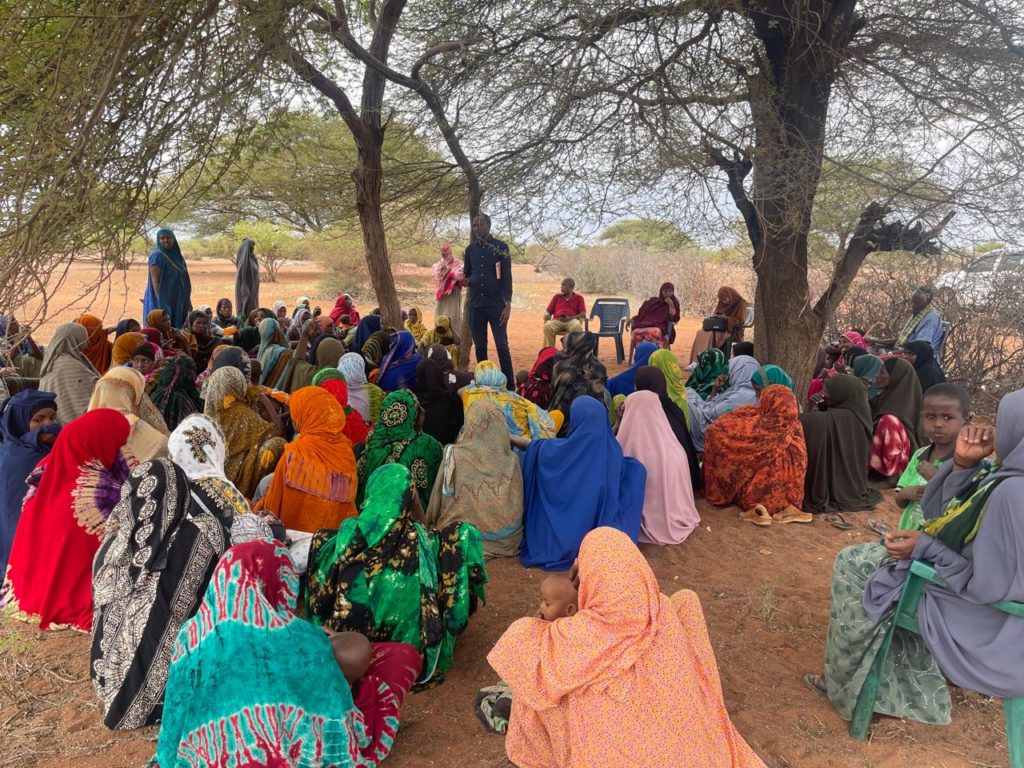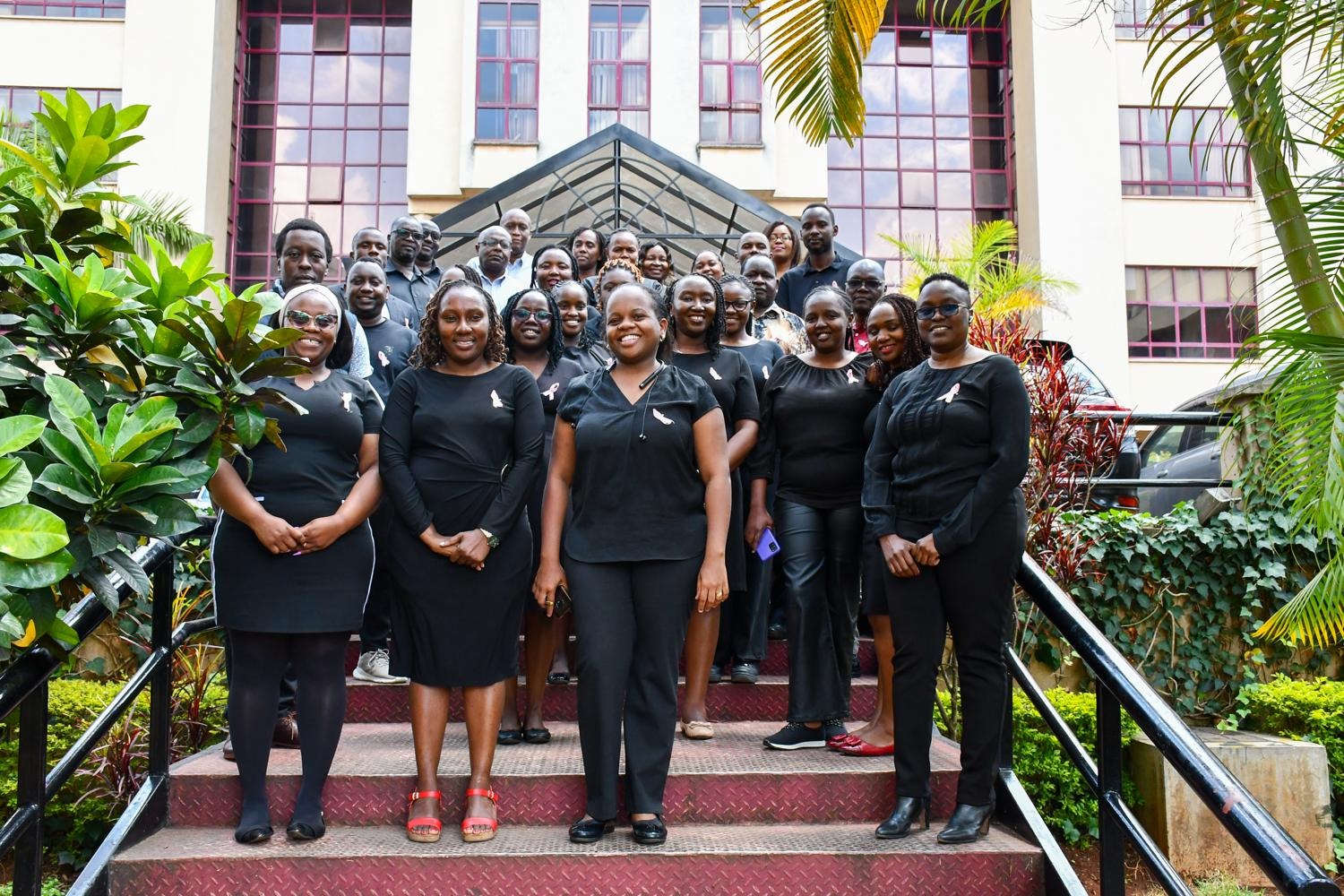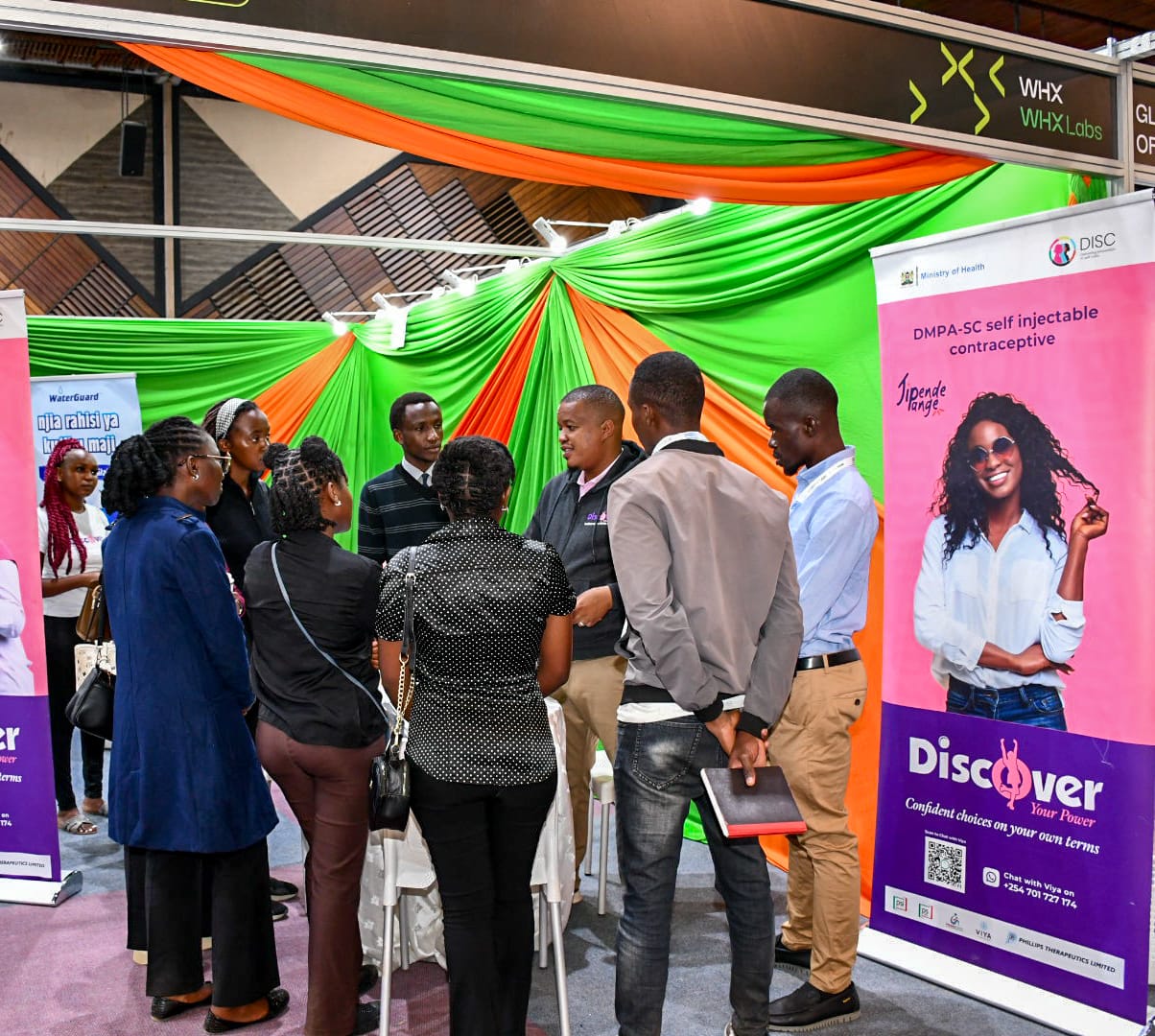A recent meeting of the Community Health Strategy Technical Working Group was held at the Wajir Afya House boardroom to discuss key points and recommendations in an effort to address Intimate Partner Violence in the County. From the meeting key finding were reached at, which are; a total of 119 Community Units (CUs) operating in Wajir, and to further support the Community Health Promoters (CHPs), a total of 1,197 smart gadgets and essential drugs have been distributed, additionally, UNICEF, as part of the RMNCAH program, has trained 32 Community Health Assistants (CHAs) and 485 CHPs.

Currently, the population coverage stands at 71%, leaving approximately 30% of the population yet to be reached because of a number of challenges which include illiteracy among some older CHPs hindering the implementation of Electronic Community Health Information System (ECHIS), inadequate resources and support, high workloads, and staffing shortages among other challenges. After assessing the challenges, a number of recommendations were made which include; that the remaining 90 CHAs and 685 CHPs undergo training conducted by the Kenya Red Cross by August of this year as a way of ameliorating the seen challenges.
It was also suggested that the selection of CHPs should be based on their literacy levels to enhance their performance. To facilitate ongoing improvement, regular appraisals of CU performance, exchange visits, and seeking assistance from partners to recognize the best-performing CUs were recommended. Routine quarterly Technical Working Group meetings will be held to track progress, and updates on support activities will be provided by the county press on the county’s Facebook page.
In addition to local concerns, a recent study by the World Health Organization (WHO) has revealed alarming rates of intimate partner violence (IPV) against adolescent girls. The study found that nearly 24% of adolescent girls who have been in a relationship experience physical and/or sexual IPV by the age of 20. Additionally, about 16% reported such violence within the past year.
The study also identified Oceania (47%) and central sub-Saharan Africa (40%) as having the highest rates of IPV, while central Europe (10%) and central Asia (11%) had the lowest rates. The study also discovered a correlation between higher violence rates and countries with low-income levels, lower secondary school attendance rates for girls, and weaker property rights for girls. Child marriage significantly increases the risk of IPV.
Consequently, IPV has various health implications, including injuries, depression, anxiety, unplanned pregnancies, and sexually transmitted infections. Violence also negatively impacts educational attainment, future relationships, and long-term prospects.To address this issue, the study emphasizes strengthening support services and implementing early prevention measures tailored for adolescents.
It recommends establishing school-based programs on healthy relationships and violence prevention, ensuring equal access to secondary education for all girls, protecting gender-equal property rights, and ending harmful practices like child marriage. The WHO supports countries in measuring and addressing violence against women and will release new guidelines on preventing child marriage by the end of 2024.
These discussions and findings underscore the need for a comprehensive approach to improving community health and protecting adolescent girls from intimate partner violence. Collaboration among local governments, international organizations, and community partners is essential in effectively addressing the underlying causes of these issues. By investing in education, healthcare, legal protections, community engagement, and awareness, we can create a more supportive and empowering environment for vulnerable populations.
Regular meetings and public updates demonstrate transparency and accountability, fostering trust and cooperation among all stakeholders. This holistic strategy is vital for driving sustainable change and achieving long-term health and social benefits for communities in Wajir and beyond.



